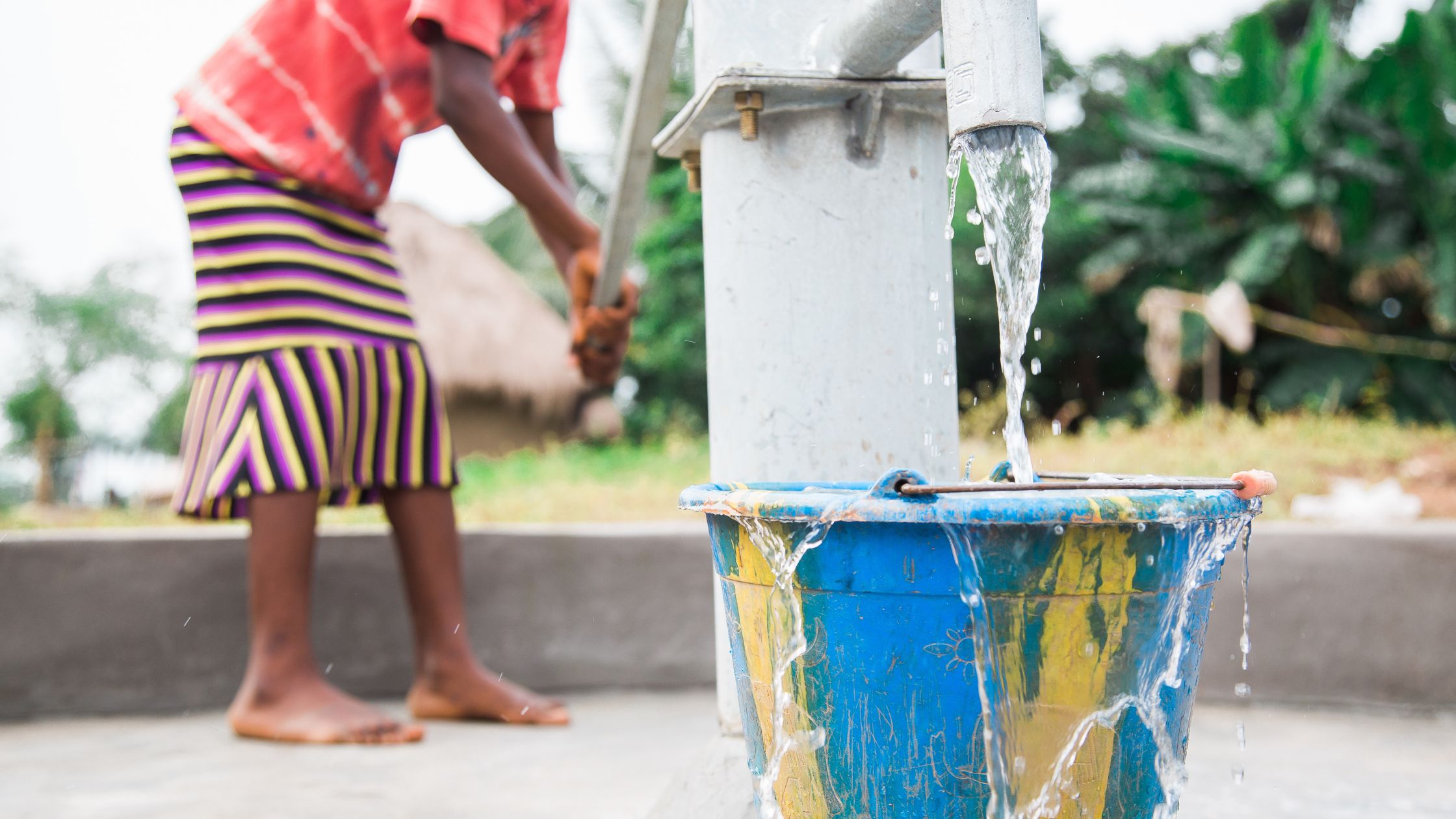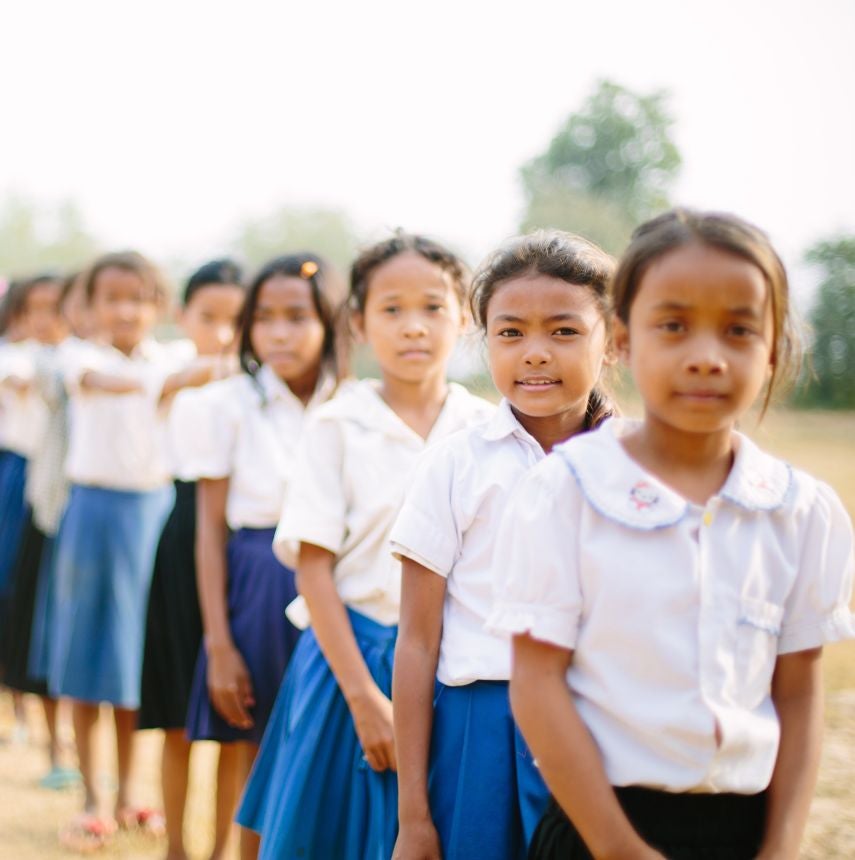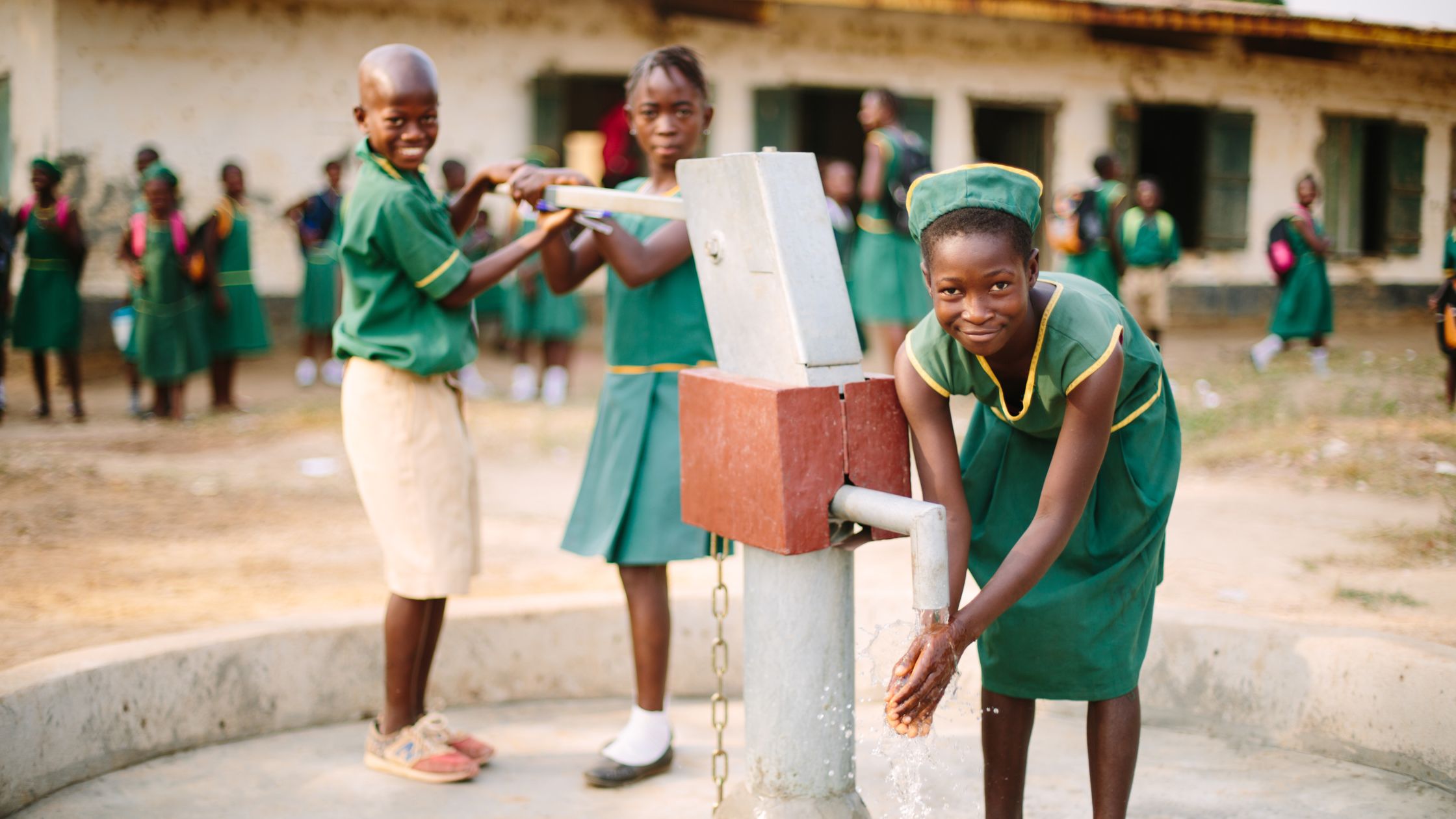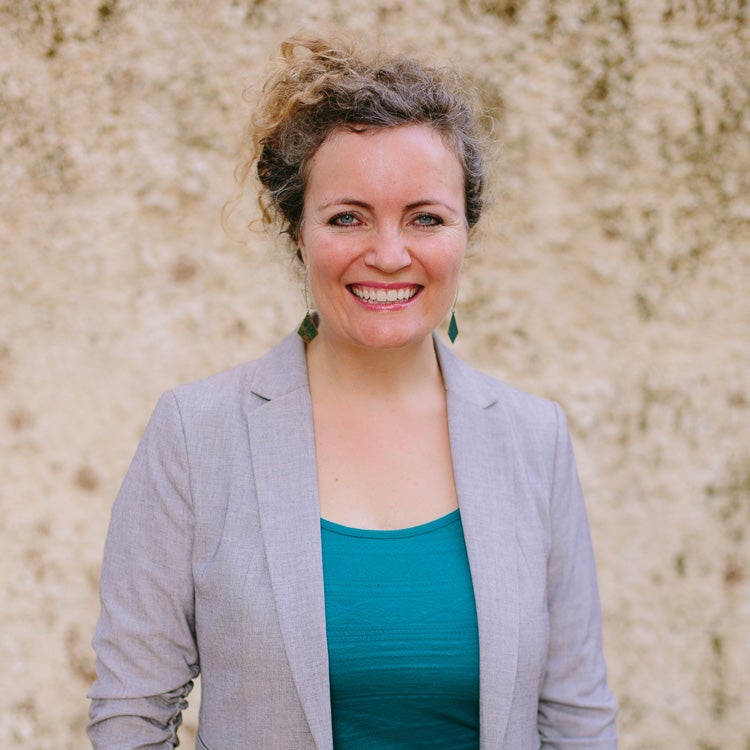
Water: A Fundamental Right is also a Source of Vulnerability
Water. Our bodies are made of it. It’s necessary to survive. Recommendations on how much to drink daily are abundant. When we’re sick, we’re told to drink more of it.
I’ve seen “water is life” on billboards and murals from east to west, across Africa. It’s a phrase I had never heard before traveling to Africa, though it’s a universal truth for all life on Earth. Nevertheless, those of us from the global North haven’t had to give a second thought about where our water comes from; and the dangers surrounding access to it are not even considered.
For many in the global South in countries WHI works, access to water isn’t a privilege that can be easily forgotten. The people who live there must constantly project when, where and how they will get their next supplies of water. Because water is a necessity for life, men, women and children without it plan their daily decisions and their lives around getting it.
This necessity forces children out of bed in the wee, dark hours of the morning. It drives women down dark, deserted roads at night. It makes children late for school in the morning.
Unfortunately, perpetrators take advantage of this need for water. They know they can harm the vulnerable in their quest for water. Human predators wait near water sources and on paths to them. Then, they physically and sexually harm adults and children who simply need water to live. In my focus area at WHI, where I serve survivors of abuse, my colleagues and I consistently offer holistic care to people who have survived the terrors of assault on the way to source clean water.

In addition to the violence that people seeking water face, it also can put children in harm’s way at school. Unfortunately, beatings by people responsible for teaching children are a real risk for school-age children seeking water in the morning. I’ve heard numerous stories of children who faced a severe beating upon arrival at school because of their tardiness, all a result of the long and laborious task of sourcing water in the pre-dawn class hours, where they walk extreme distances and upon arrival, wait in long lines to pump it.

A community’s access to clean water greatly reduces the risk of violence for the people who live there. Instead of spending hours seeking water, children can attend school, study, sleep or even play!
Parents can stay home with their children, do household tasks or work jobs.
Water is life, and everyone should be able to access it. Please consider a donation to our clean water programming this holiday season, because access to clean water reduces violence and creates safety for the most vulnerable among us.

Haley Clark
Director of Anti-Trafficking and Gender-Based Violence
World Hope International
